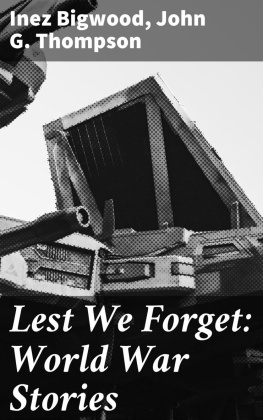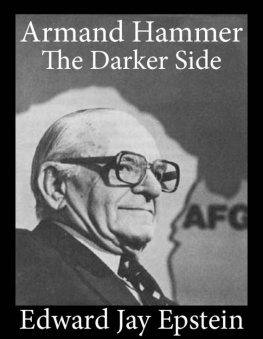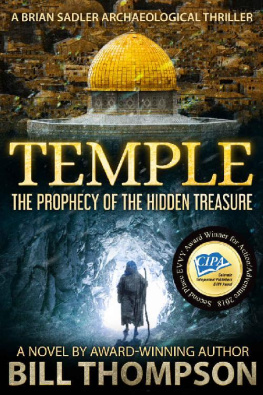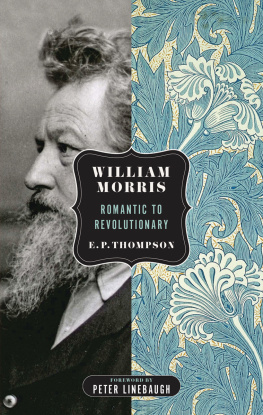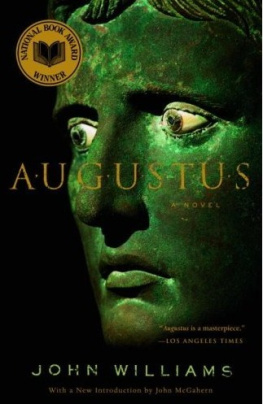Edward John Thompson - The Other Side of the Medal. The Veranda
Here you can read online Edward John Thompson - The Other Side of the Medal. The Veranda full text of the book (entire story) in english for free. Download pdf and epub, get meaning, cover and reviews about this ebook. year: 1925, publisher: Leonard And Virginia Woolf, genre: Politics. Description of the work, (preface) as well as reviews are available. Best literature library LitArk.com created for fans of good reading and offers a wide selection of genres:
Romance novel
Science fiction
Adventure
Detective
Science
History
Home and family
Prose
Art
Politics
Computer
Non-fiction
Religion
Business
Children
Humor
Choose a favorite category and find really read worthwhile books. Enjoy immersion in the world of imagination, feel the emotions of the characters or learn something new for yourself, make an fascinating discovery.

- Book:The Other Side of the Medal. The Veranda
- Author:
- Publisher:Leonard And Virginia Woolf
- Genre:
- Year:1925
- Rating:4 / 5
- Favourites:Add to favourites
- Your mark:
- 80
- 1
- 2
- 3
- 4
- 5
The Other Side of the Medal. The Veranda: summary, description and annotation
We offer to read an annotation, description, summary or preface (depends on what the author of the book "The Other Side of the Medal. The Veranda" wrote himself). If you haven't found the necessary information about the book — write in the comments, we will try to find it.
The Other Side of the Medal. The Veranda — read online for free the complete book (whole text) full work
Below is the text of the book, divided by pages. System saving the place of the last page read, allows you to conveniently read the book "The Other Side of the Medal. The Veranda" online for free, without having to search again every time where you left off. Put a bookmark, and you can go to the page where you finished reading at any time.
Font size:
Interval:
Bookmark:
This book has been long suppressed. To friends who urged that its publication would stir up bitter feelings, I point out that the deeds of which it speaks were done, and mens minds securely hold the smouldering memory. Other friends, among them some of the names most honoured in contemporary literature, have urged that the risk be taken. Truth has an eternal title to our confession, though we are sure to be the sufferers by it. The book sets out matters that no Indian could, or perhaps should, set out, and I believe that it will change the attitude of every Englishman who reads it to the end. If that belief is justified, then I have no choice but to trust to the magnanimity of my own people, and to the magnanimity of that other people, in friendship with whom I have found so much happiness.
My countrymen in India have been generous to this book; and when journals of the strongly British traditions of the Lahore Civil and Military Gazette and the Allahabad Pioneer welcome a statement as long overdue, the nervousness of Christian leaders in England who wrote privately expressing their deep sympathy, but doubting if the time was ripe and if the book would not do harm in India, is seen to have been unnecessary. I think that missionary leaders overvalue Christian statesmanship; truth and fairness are more essential parts of religion than even a wise expediency. There is a pharisaism in the attitude that is always seeking to do good to others, and forgets duties that are closer to our own needs.
A fortnight before my book was published, the Lawrence statue at Lahore was again mutilated. The statue was then covered over, and reappeared six months later with a new inscription, I have served you both with pen and sword. An old controversy is thereby laid to rest, and my note on the statue now has a historical interest only.
I have changed four misprints, and in one sentence have displaced the dangerous word every. No other changes seem called for.
They say in Oxford to-day that the mention of the word India is guaranteed to empty the smallest hall in the city. Oxford is over-lectured, and its inhabitants are glutted with enlightenment. Yet, if we strip the epigram of exaggeration, a statement worth consideration remains. Oxford has known a line of Indian, and especially Sanskrit, scholars, who have been a noble part of its manifold greatness. But Indian studies are dying in England to-day, and interest in India seems almost dead. There is an impression that we have finished with India, and that, anyway, Indian pretensions of achievement in thought or poetry have been found out. The people of India, we understand, are tired of our rule; they are ungrateful for what we have done for them. Very well, we will go. We can hold India still if we are prepared to shed sufficient blood; but the outcry over Amritsar has shown that we are not. More merciful than our fathers, we are not willing to wade through another Mutiny into a renewal of our lease, and we are disillusioned and weary from the war that has finished. So we are going---going bitterly and contemptuously. Our young men hang back from the Indian services. The famous Civil Service, which used to offer a career within the gift of no other country, no longer (we are told) attracts the pick of our universities, but with difficulty draws an intellectually poorer type of man, and that in extremely exiguous numbers. Indian thought, which a famous professor once upon a time almost induced our people to think a sun, is now seen to be a moon, pallid and shut in with watery mysticism. Indian literature is a gently pleasing patter about cows and lotuses.
And yet there are signs that, for all our unwillingness, India is going to compel our attention. Ireland has won the control of her destinies, the problems of Palestine and Iraq are not yet ripe, that of Egypt has been shelved. India remains, unsatisfied, embittered, troublesome. The beginnings of constitutional government already accorded by us, and enlarged so generously (as we thought---not without reason), have been scornfully rejected, and the deliberative and legislative assemblies are a farce. Viceroys and Governors have to certify budgets thrown out by the peoples elected representatives. Remembering what older troubles began with finance---the American Revolution, our own Civil War of King and Commonwealth, the rejected Budget which led to the House of Lords losing its power---and remembering, too, how public conviction, no less than the whole course of our history, justifies the taxpayers claim to control expenditure, we cannot help but realise that the struggle is but at its commencement. However unwilling St George may be to be vexed with this Indian dragon, he is not going to escape it, for it is already moving, and there can be no doubt that its path and his are going to coincide, and soon.
British lack of interest in India is no new thing. It has been notorious, and a theme of savage comment by Indians, that the Indian Debate in the House of Commons has been regarded with indifference by the few who attended, with contempt by the many who stayed away. Sir Henry Fowlers noble appeal, that every member should consider himself a member for India, since India was disfranchised in the assembly that controlled her destinies, won a spectacular triumph when made, but has been forgotten since. Two years ago, a Member of Parliament of twenty years standing asked a friend of mine, Whats happened to that fellow Gander---Gandy---or some such name, who used to give so much trouble? You never hear of him now---thereby showing that it was possible to be a Privy Councillor and yet be ignorant that his greatest contemporary had gone to jail, after a trial that to Indians had been something representative of themselves as no legislative assembly has yet been representative, a trial in which India (so they felt) had been judged and sentenced by an alien court. With what graceful light-heartedness doctrines that have turned the Indian world upside down are dismissed by our subtlest brains a recent trial has shown:
Mr Justice MCardie.---What is soul-force? (Laughter.)
Sir Walter Schwabe.---The view of Gandhi is that by peace and quiet methods and constant prayer, and by centring the soul on your object, you will attain that object.
Mr Justice MCardie. (reading from the defendants book, Gandhi and Anarchy).---I see that, according to the defendants book, the first principle of Gandhis belief is that all lawyers and all Courts should be dispensed with. (Laughter.)
Sir Walter Schwabe.---That suggestion has many advantages.
Mr Justice MCardie.---You do not approve of his soul-force movement? (Laughter.)
There be three things which are too wonderful for me, yea, four which I know not: the way of an eagle in the air; the way of a serpent upon a rock; the way of a ship in the heart of the sea; and the way of a man with a maid. And there are three kinds of humour which are too wonderful for the average man, but meet with immediate and vociferous recognition: the humour of a master in his class; the humour of a judge in his Court; and the humour of a general in his mess. How well such a passage as the one I have quoted recalls the happy days of the war! I say, Major, have you heard the Generals latest? He says the new orders from G.H.Q. remind him of the curates egg---they are good in parts! (Laughter) No? Did you really, sir? How absolutely topping! Perfectly priceless! (Laughter
Font size:
Interval:
Bookmark:
Similar books «The Other Side of the Medal. The Veranda»
Look at similar books to The Other Side of the Medal. The Veranda. We have selected literature similar in name and meaning in the hope of providing readers with more options to find new, interesting, not yet read works.
Discussion, reviews of the book The Other Side of the Medal. The Veranda and just readers' own opinions. Leave your comments, write what you think about the work, its meaning or the main characters. Specify what exactly you liked and what you didn't like, and why you think so.

